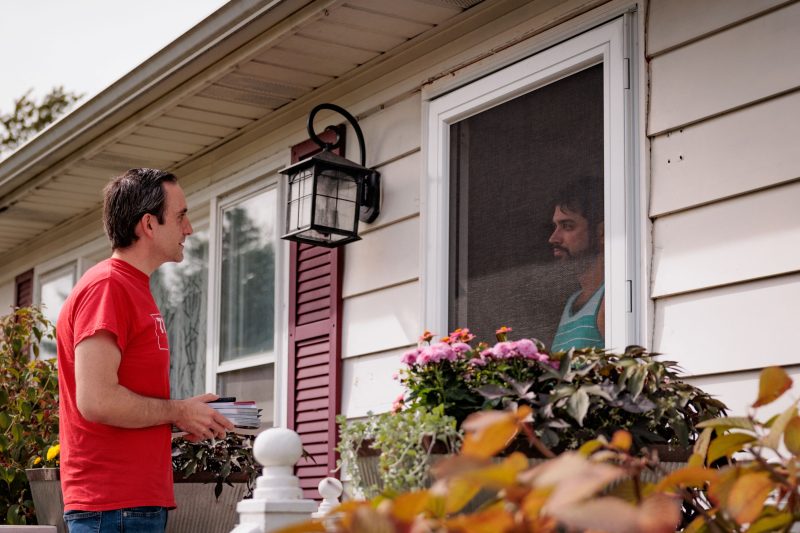The 2020 U.S. presidential election campaign has seen a massive influx of shadowy get-out-the-vote (GOTV) spending that has flooded swing states with anonymous ads and mailers. With the emergence of new political action committees (PACs) and nonprofits, along with a lack of disclosure requirements for donors, the source of this spending remains largely unknown, raising concerns about transparency and accountability in the democratic process.
In swing states like Florida, Pennsylvania, and Wisconsin, where the race is expected to be tight, these shadowy organizations have intensified their efforts to influence the outcome of the election. By targeting specific demographics and communities, they aim to sway undecided voters and boost turnout among supporters of their preferred candidates.
According to a report by the Campaign Legal Center, a nonpartisan watchdog group, these shadowy organizations have spent millions on ads, mailers, and other activities without disclosing their donors. This lack of transparency makes it difficult for voters to know who is behind the messages they are receiving and what interests may be driving these efforts.
The surge in shadowy GOTV spending is part of a broader trend in American politics, where the influence of money in elections continues to grow. In the aftermath of the Supreme Court’s Citizens United decision in 2010, which allowed corporations and unions to spend unlimited amounts on political campaigns, there has been a proliferation of dark money groups that operate outside the traditional campaign finance system.
Critics argue that this influx of shadowy spending undermines the integrity of the electoral process and erodes trust in democracy. By allowing wealthy donors and special interests to influence elections without accountability, these organizations distort the marketplace of ideas and drown out the voices of ordinary citizens.
Despite efforts by lawmakers and advocacy groups to shine a light on dark money in politics, the problem persists, particularly in the realm of GOTV activities. Without meaningful disclosure requirements and enforcement mechanisms, shadowy organizations will continue to play a significant role in shaping the outcomes of elections, potentially tipping the balance in favor of well-funded interests.
As the 2020 election enters its final stretch, the flood of shadowy GOTV spending in swing states poses a significant challenge to the democratic process. In order to safeguard the integrity of elections and uphold the principles of transparency and accountability, it is crucial for policymakers to take action to rein in dark money and ensure that voters have access to accurate information about who is seeking to influence their decisions.

